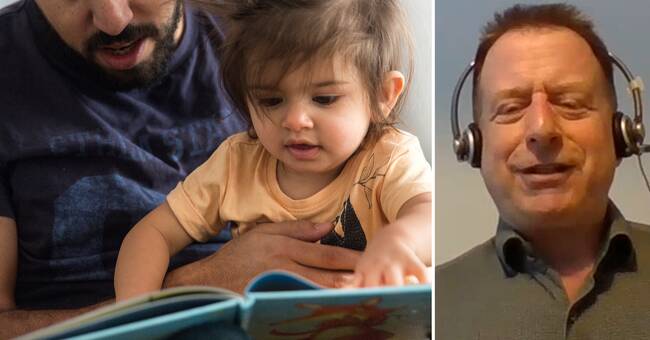During the first five weeks of the year, 319,030 applications were received, a decrease of around 21 percent from last year and by just over 35 percent compared with 2019.
Niklas Löfgren, family economist at the Swedish Social Insurance Agency, sees above all a reason why the number of VAB applications has decreased.
- It is a behavioral change, he says and refers to the fact that restrictions and routines during the pandemic, such as washing and keeping away, have had an effect and caused other viral diseases, such as seasonal flu and winter vomiting, to be greatly reduced.
- Children are less ill this year than before.
More 'wobbling' may have affected
Niklas Löfgren further states that at the beginning of the pandemic, many parents kept their children at home with the least symptoms, something that may have contributed somewhat to the reduced number of applications compared to 2020.
An increased 'wobbling', ie that guardians are at home with sick children but still work, may also have been recorded.
- Unfortunately, we have no figures on the 'wobble band', but it has certainly increased.
It could have affected, says Niklas Löfgren.
More even withdrawal of vab days
Another change that the pandemic brought with regard to parental insurance is that the collection of VAB days last year was more equal than it usually is.
- We have seen a small such effect.
When we needed to be at home the most, during March, April and May and during the autumn - then they shared a little more equally on the insurance, says Niklas Löfgren.
In normal cases, women take out around 60 per cent of parental leave and men 40 per cent.
- We do not have a completely equal use of the insurance yet, but it is a little more equal than it usually is.

